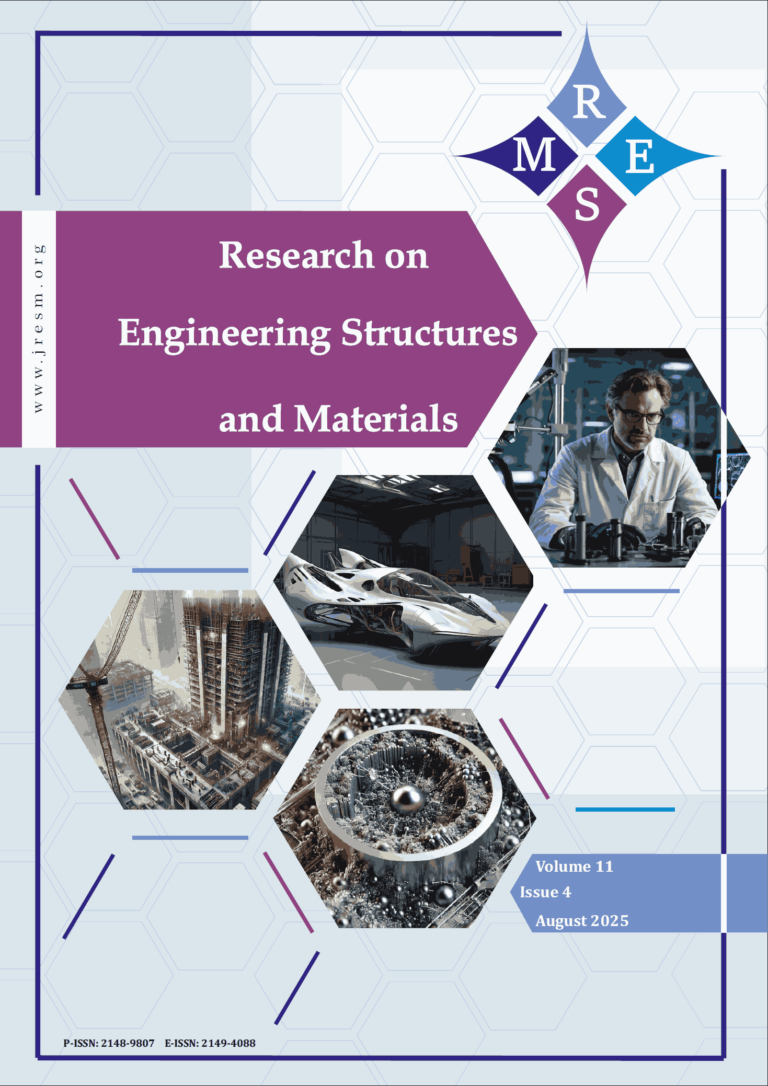This study investigates the influence of basalt fibers (BF) and polyvinyl alcohol fibers (PVA) on the mechanical and thermal performance of cement panels incorporating silica fume as a supplementary binder. A series of mortar mixes were prepared with varying fiber dosages and tested under controlled curing conditions. The experimental program included compressive strength, flexural strength, splitting tensile strength, water absorption, surface hardness, ultrasonic pulse velocity (UPV), thermal conductivity, and microstructural characterization using scanning electron microscopy (SEM).The results demonstrated that basalt fibers provided superior reinforcement, with the 3% BF mix achieving the highest compressive strength (45.28 MPa), flexural strength (11.23 MPa), and enhanced thermal insulation (thermal conductivity reduced to 0.644 W/m•K). In contrast, PVA fibers showed optimal performance at 2% content, yielding a compressive strength of 43.43 MPa and moderate improvements in flexural and tensile behavior. However, both fiber types increased water absorption relative to the reference mix, indicating a trade-off between mechanical enhancement and durability. SEM analyses confirmed the role of fibers in bridging microcracks and improving matrix integrity. Overall, the findings highlight that incorporating 3% basalt fibers and 2% PVA fibers optimizes the structural and thermal behavior of cement panels, suggesting their potential as effective reinforcement strategies in advanced construction materials.
